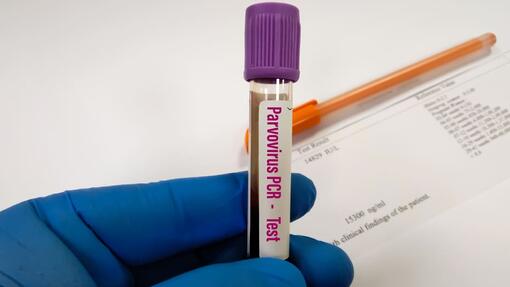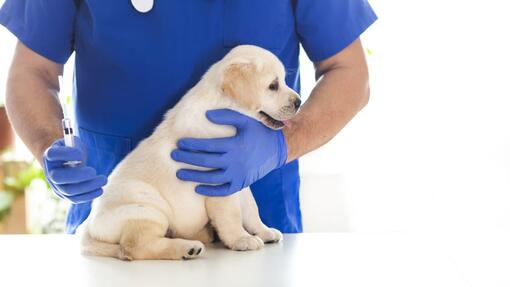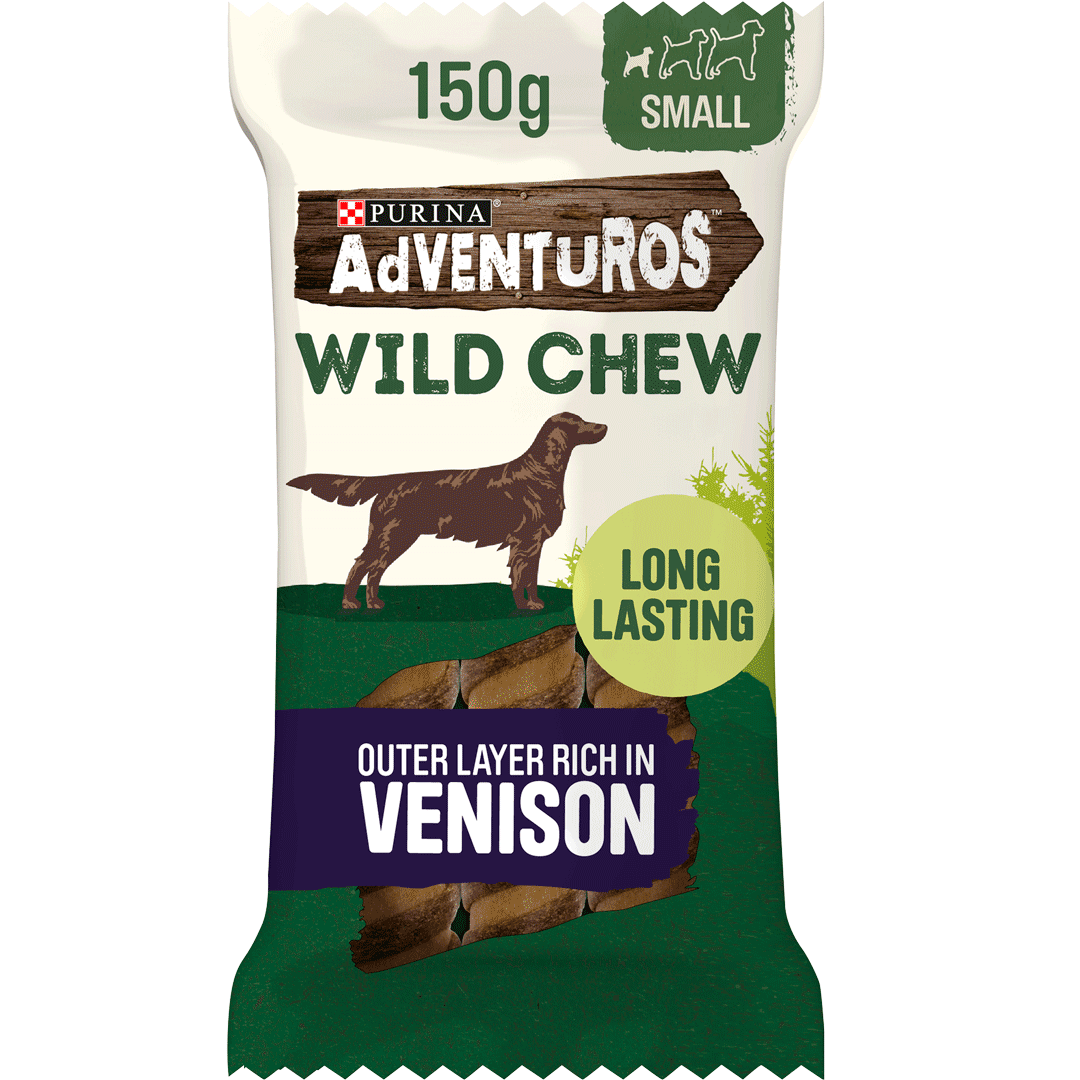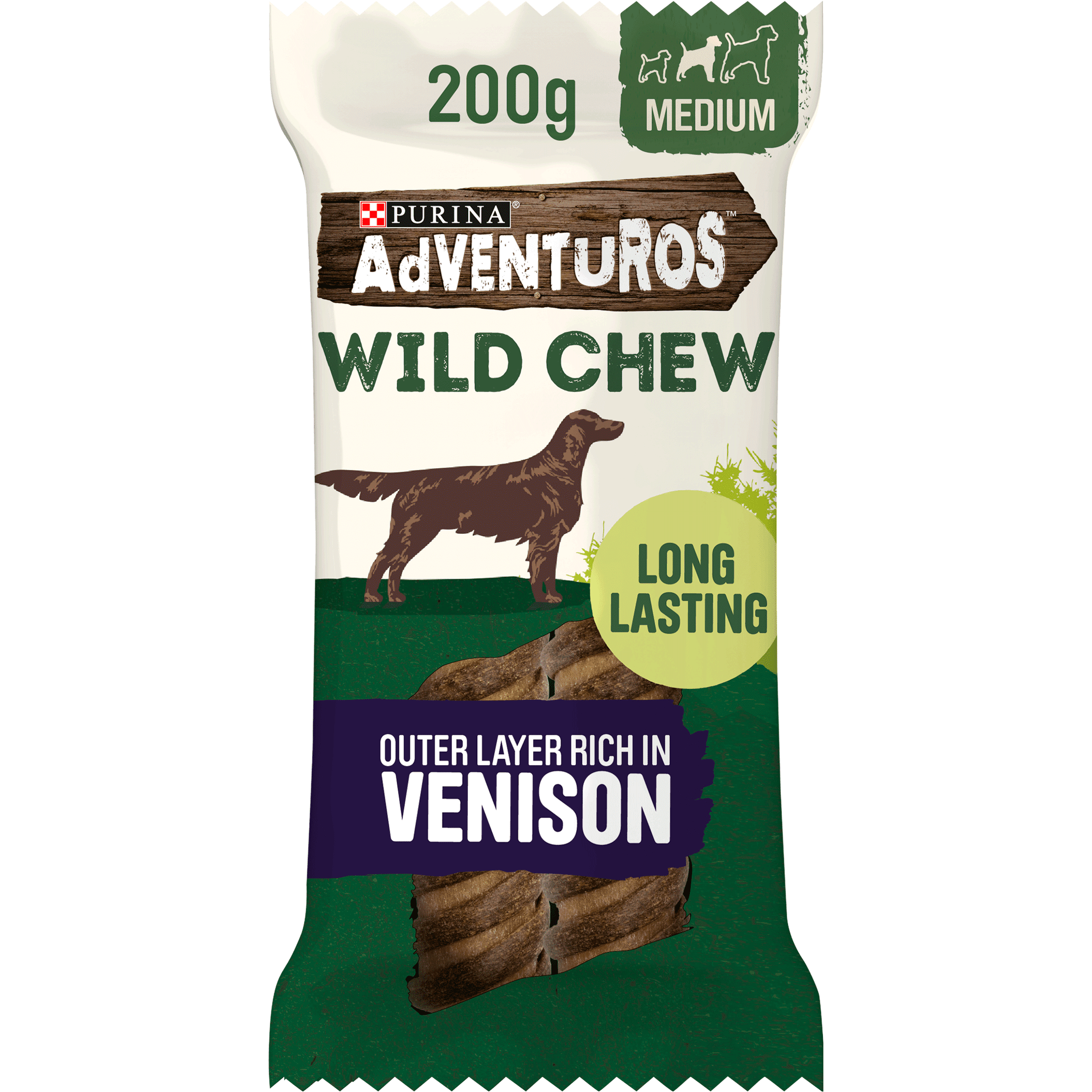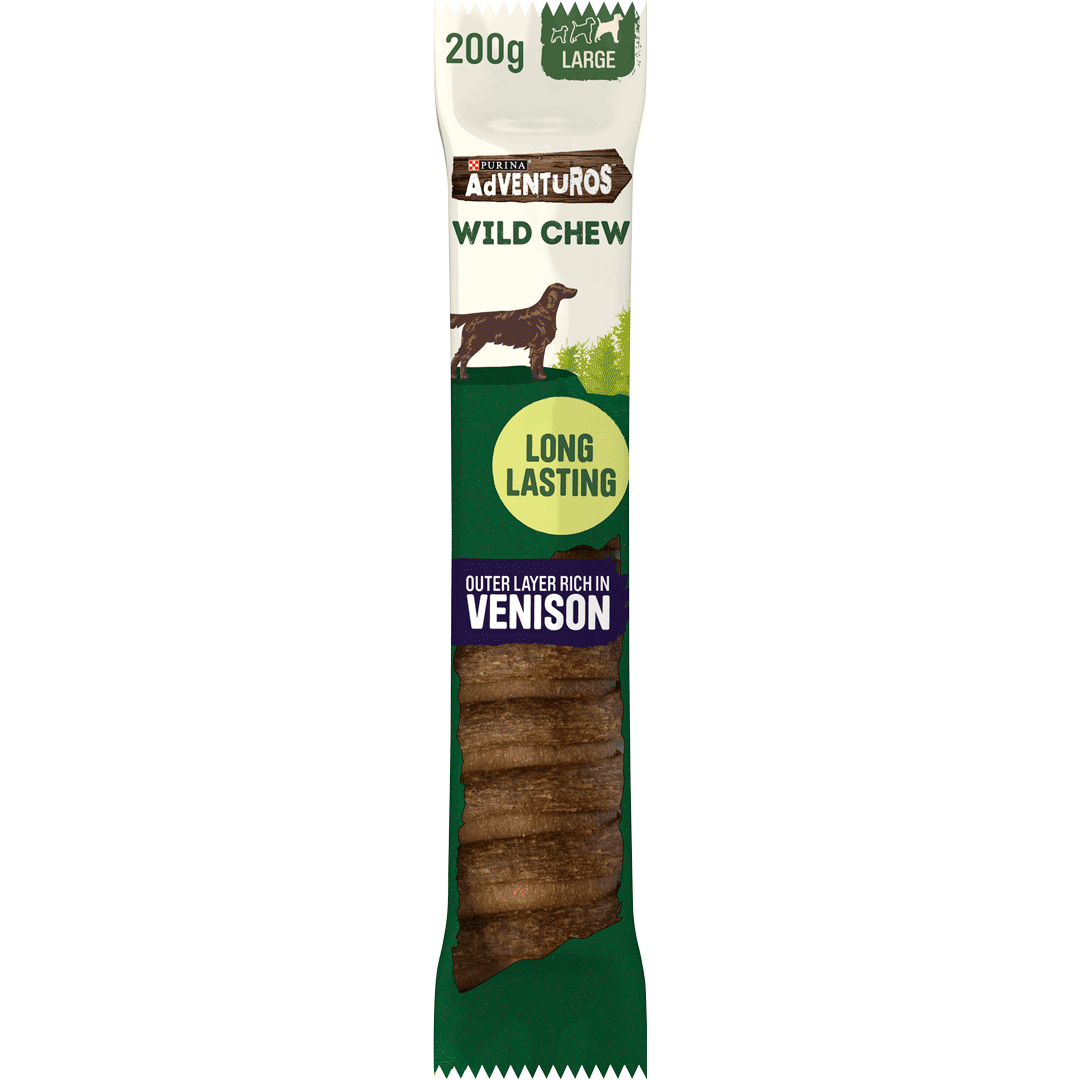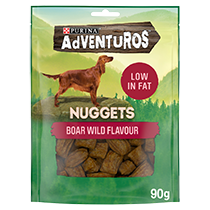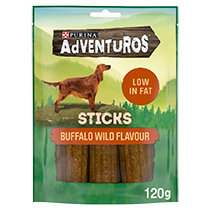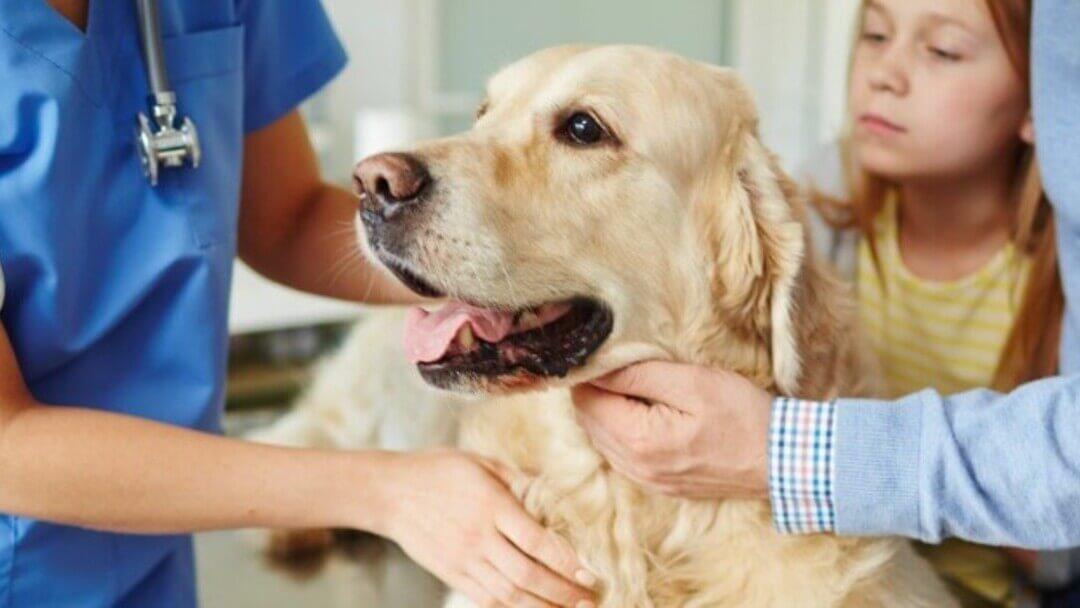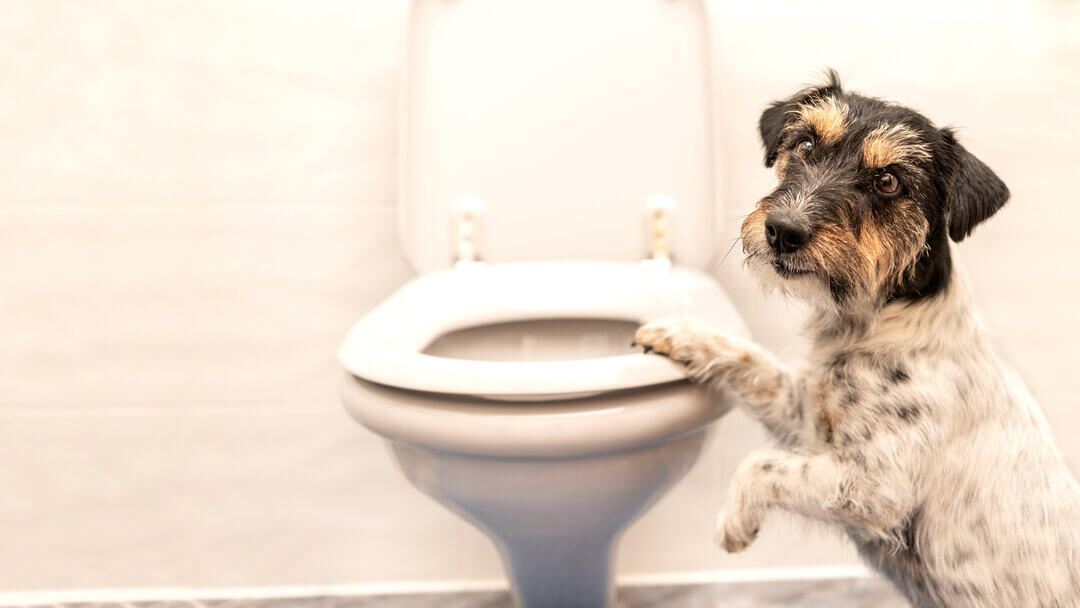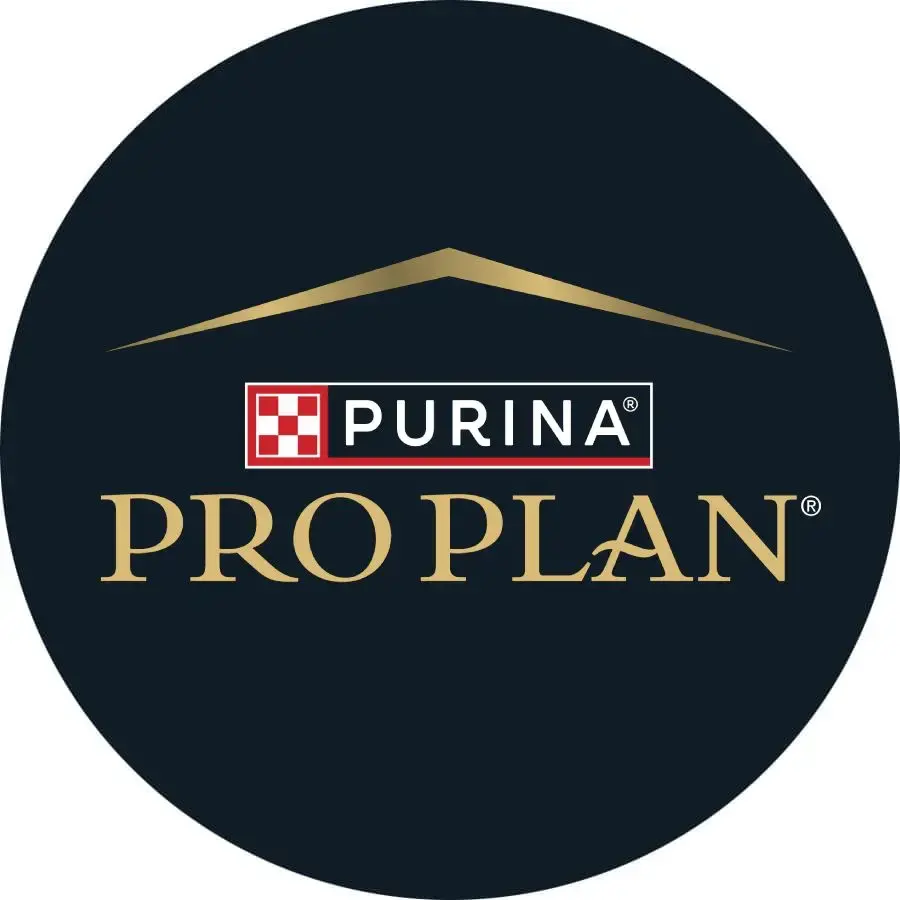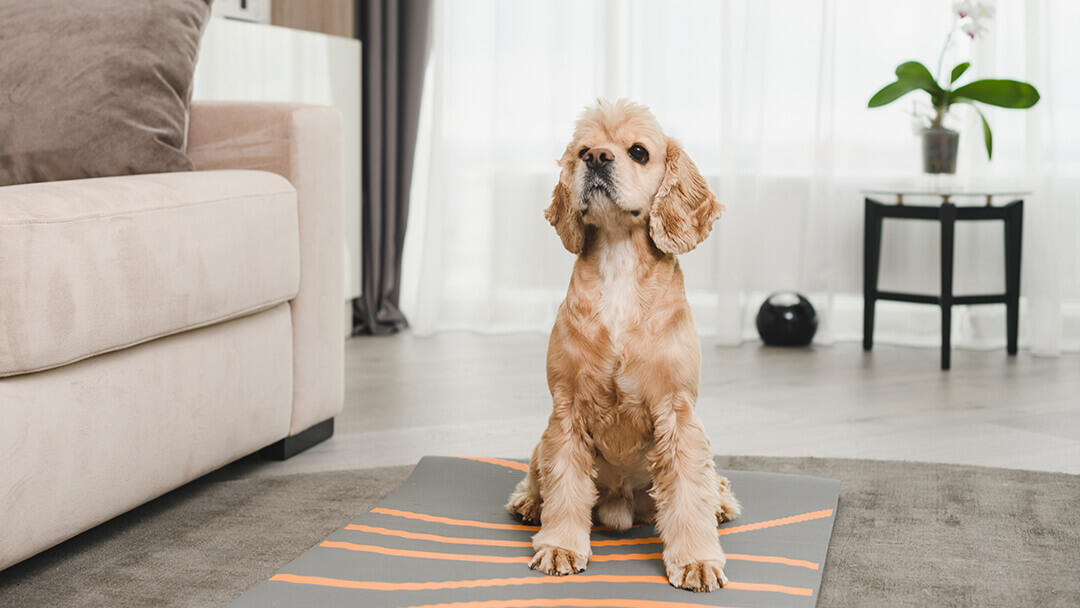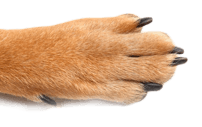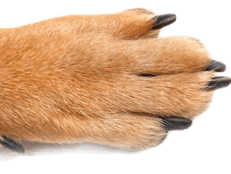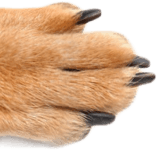Canine Parvovirus: What Is Parvo & Can Humans Get It

Parvovirus can be an extremely dangerous viral condition, but it can also be prevented. In this article we will be discussing this virus, covering diagnostics, treatments and how owners can help to prevent their dogs from catching this awful disease.
Plus, get a better understanding of what parvo actually is, and how to protect your pup.
What is parvo?
Parvo is a highly contagious virus that can occur in dogs of any age, but is more common in young puppies, and can cause significant health problems. The virus affects the gastrointestinal tract, which can make it difficult for a dog’s body to absorb the nutrients it needs. Unvaccinated puppies are far more likely to catch this virus and, unfortunately, once a pup has this virus, it can often be fatal. But luckily, there are vaccines available that help to prevent dogs from catching canine parvovirus.
How do dogs get parvo?
The canine parvovirus is spread by contact with contaminated canine faeces which are often present wherever the infected dog has been – whether that be in their home, in the local park, or a nearby field. The virus can also last for quite some time on objects or surfaces including food bowls, floors, clothing and people’s hands or collars, meaning that unfortunately your dog can become infected with parvo by simply encountering one of these infected objects. The parvovirus can also be very resilient, especially outside, where it can survive for up to 12 months. This means that a dog can catch this awful virus from another pup that has been in the same area a whole year before them!
What are the symptoms of parvo in dogs?
The canine parvovirus is a very dangerous infection, and owners should always be on the lookout for any symptoms that might point towards gastrointestinal issues. Some of the most common signs of parvo include:
- Diarrhoea – often but not always with blood in it
- Vomiting
- Dehydration
- Lethargy
- Lack of appetite
If you notice any of these signs in your dog, it’s best to get in contact with your vet immediately, especially when you notice these symptoms in puppies, as they are the most susceptible to this infection and are also at increased risk of becoming dehydrated compared with adult dogs. Although the signs listed above won’t always be caused by parvovirus, you should contact your vets if you notice them because they can be linked to other serious health problems.
Can humans get parvo?
There are two types of parvoviruses: canine parvovirus and human parvovirus B19. Canine parvovirus exclusively impacts canines, such as pet dogs, wolves, and hyenas. Conversely, parvovirus B19 is a human-specific variant that solely affects humans. Humans cannot catch canine parvovirus from their dogs, nor can they transmit human parvovirus 19 to their dogs. However, it’s important to make sure you’re not spreading the virus from your dog to other environments or objects that could come into contact with another dog, as this can spread the infection. If you come into contact with an infected dog, make sure you wear protective clothing, including gloves, wash surfaces thoroughly and always wash your hands.
How is parvo in dogs diagnosed?
If your vet suspects parvovirus, they will normally test your pet’s faeces to identify if the virus is present, and they may recommend further testing if the results are inconclusive. The vet will normally run a series of other tests, including blood work.
They will then use these test results, alongside your pet’s history and clinical signs, to determine whether or not parvovirus infection is likely, and which management options are appropriate.
Canine parvovirus treatment options
Infection with parvovirus can be fatal, especially in puppies. Unfortunately, there is no effective treatment to kill the virus once it has infected your dog, but your vet can treat the symptoms your dog is experiencing which may include diarrhoea, vomiting or dehydration. This veterinary care will help your dog feel more comfortable and can help to boost their immune system and aid recovery from this virus. Good nutrition is also essential when managing this disease, and if your pup refuses food or is not able to eat, the vet may decide to feed them through a tube to make sure they’re getting the nutrients they need. Your pet might also need intravenous fluids if they have become severely dehydrated. Antibiotics may also be recommended to protect your dog from secondary bacterial infections – which can develop in dogs with parvovirus infections, as their immune system will be working to fight the virus, which can mean they have less ability to protect themselves against other disease. However, it’s worth noting that antibiotics won’t have a direct effect on the parvovirus itself.
Close monitoring and early intervention are hugely important and can increase the chances of survival significantly, but even with prompt intervention and intensive care, canine parvovirus can still be fatal in unvaccinated dogs of any age.
How to prevent a dog from getting parvo
One of the key ways to keep the canine parvovirus, and its serious consequences, at bay is vaccination. Make sure you don’t miss any of the vet appointments for the core vaccines. These should include a vaccination to protect your dog against parvovirus – but you can always ask your vet which diseases your dog’s vaccine protects against is you’re unsure.
It’s a good idea to make sure all your dogs are vaccinated and keep young puppies inside until their vaccine has had a chance to work properly – which is normally two weeks after their second injection – but, again, check with your vet as this can vary depending on the specific vaccines given.
If your puppy does have to go to a public space prior to vaccinations – for example, when you’re visiting your vet – pick them up if you can. Try to prevent them from licking and smelling their surroundings, as they can easily pick up parvovirus, along with other infections, by doing this.
While vaccination does not guarantee without a doubt that your dog won’t become infected, it reduces the chances of this significantly. This means that keeping your pet’s vaccinations up to date is the best preventative solution against the canine parvovirus.
Find out more about puppy vaccinations and how incredibly important they are with our easy guide, next.



